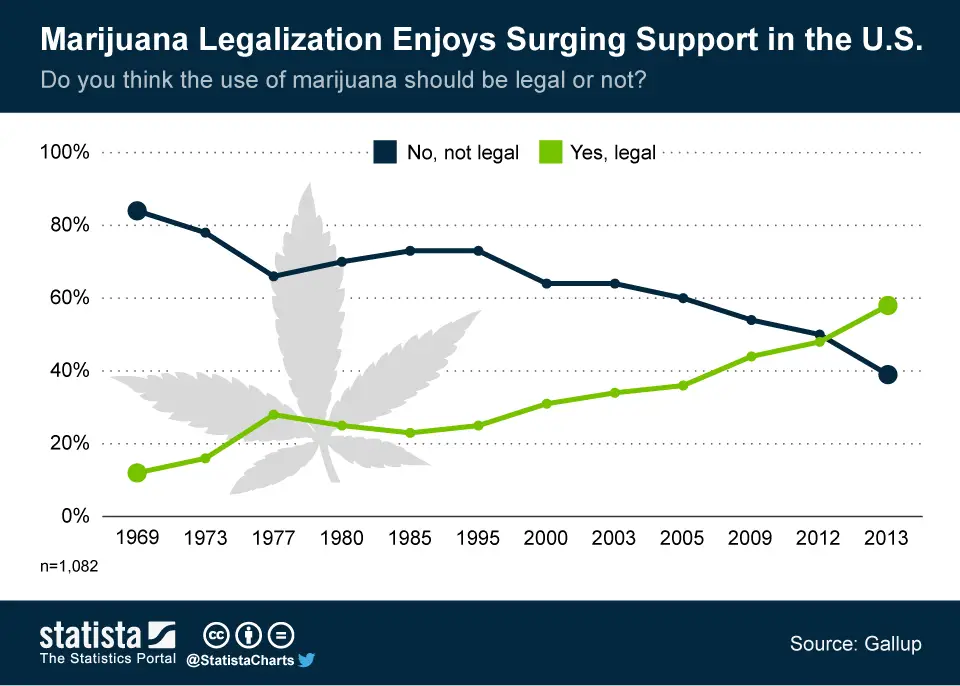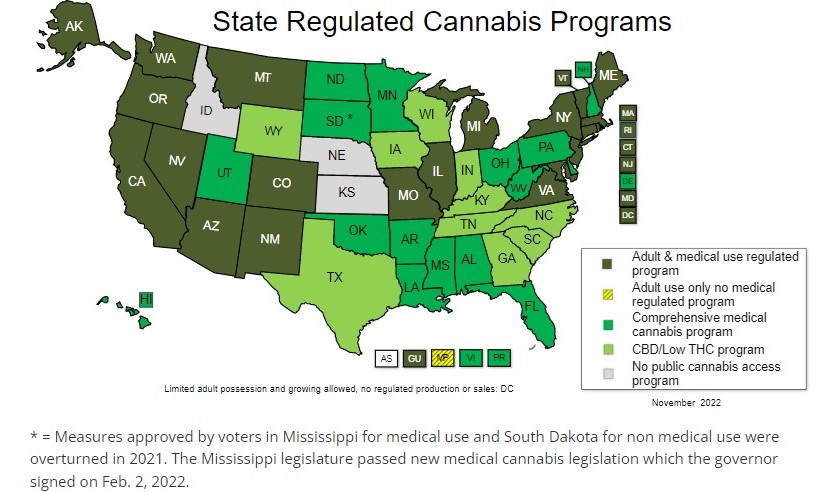As cannabis legalization continues to expand across the United States and beyond, its economic and social effects remain subjects of intense debate. While legalization has generated substantial tax revenue and job growth, concerns about its broader societal consequences persist. Two key reports—one from Scientific Research Publishing (SCIRP) and another from the Centennial Institute—shed light on both the benefits and challenges associated with legalized cannabis.
The Economic Benefits of Cannabis Legalization
According to the SCIRP report, legal cannabis markets have provided significant economic advantages, including:
- Tax Revenue Growth: Legal cannabis sales have contributed billions to state and local governments, funding public services like education, infrastructure, and healthcare.
- Job Creation: The cannabis industry has created thousands of jobs in cultivation, distribution, retail, and research.
- Reduced Law Enforcement Costs: With legalization, fewer resources are spent on cannabis-related arrests and prosecutions, allowing law enforcement to focus on more serious crimes.
- Investment Opportunities: Legal markets have attracted significant business investments, spurring innovation and economic expansion.
Social and Economic Costs of Legal Cannabis
However, the Centennial Institute report highlights potential drawbacks of legalization, including:
- Increased Public Health Costs: Rising cannabis use has led to higher healthcare expenses related to addiction treatment, mental health issues, and emergency room visits.
- Workplace Productivity Declines: Employers have reported increased absenteeism and reduced workplace performance linked to cannabis consumption.
- Traffic Safety Concerns: Some studies indicate an increase in impaired driving incidents and accidents in states that have legalized cannabis.
- Youth and Addiction Risks: Despite regulations, youth cannabis consumption has reportedly risen in some areas, raising concerns about long-term cognitive effects.
Balancing the Economic and Social Factors
The reports suggest that while cannabis legalization offers economic benefits, it also presents notable social and financial challenges. To ensure a balanced approach, policymakers must:
- Implement robust regulations to prevent youth access and address public health concerns.
- Allocate cannabis tax revenue to addiction treatment and education programs.
- Enhance public awareness campaigns about responsible use.
- Strengthen laws and enforcement around impaired driving.
Conclusion
The legalization of cannabis is a complex issue with both positive and negative implications. While the industry brings economic growth, job opportunities, and tax benefits, concerns about public health, safety, and productivity cannot be ignored. A well-regulated approach that maximizes benefits while mitigating risks is crucial for the sustainable future of the cannabis industry. As more research emerges, ongoing adjustments to policy and enforcement will be necessary to strike the right balance between economic gains and social responsibility.



